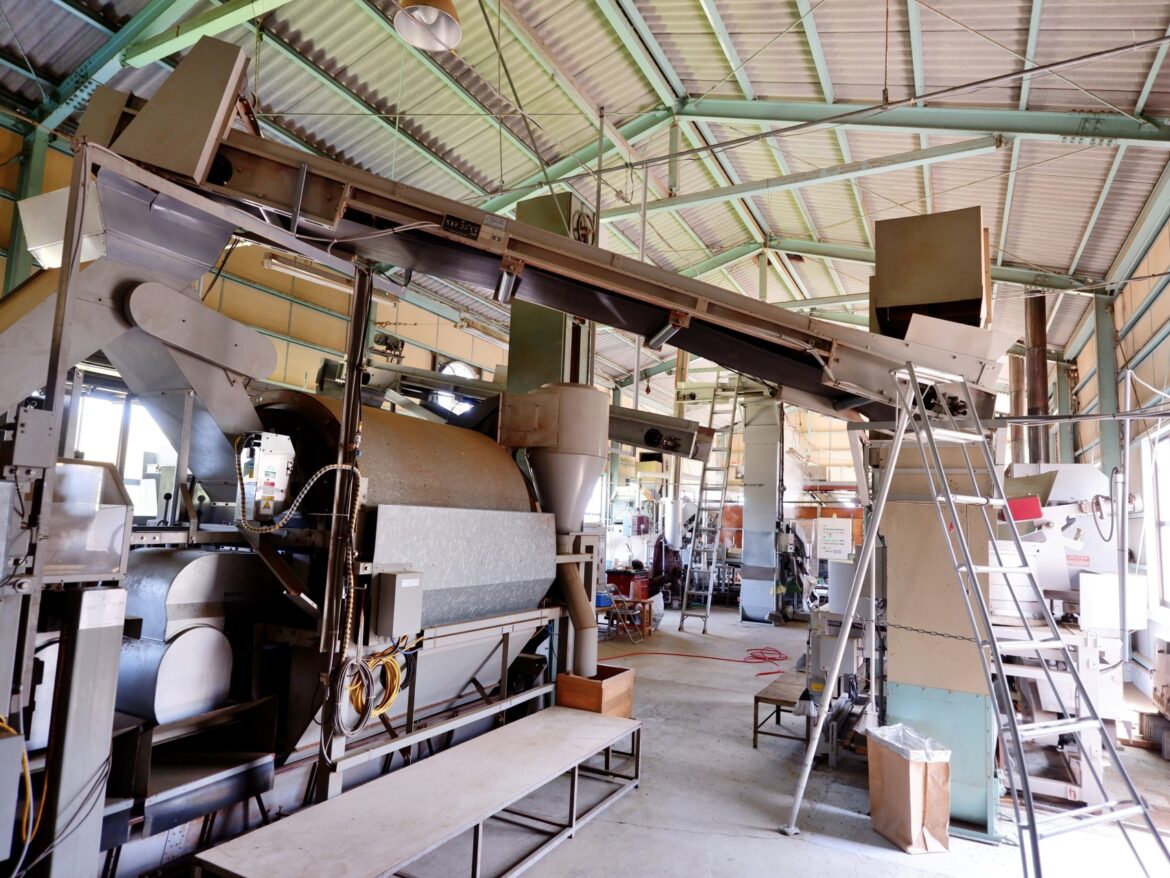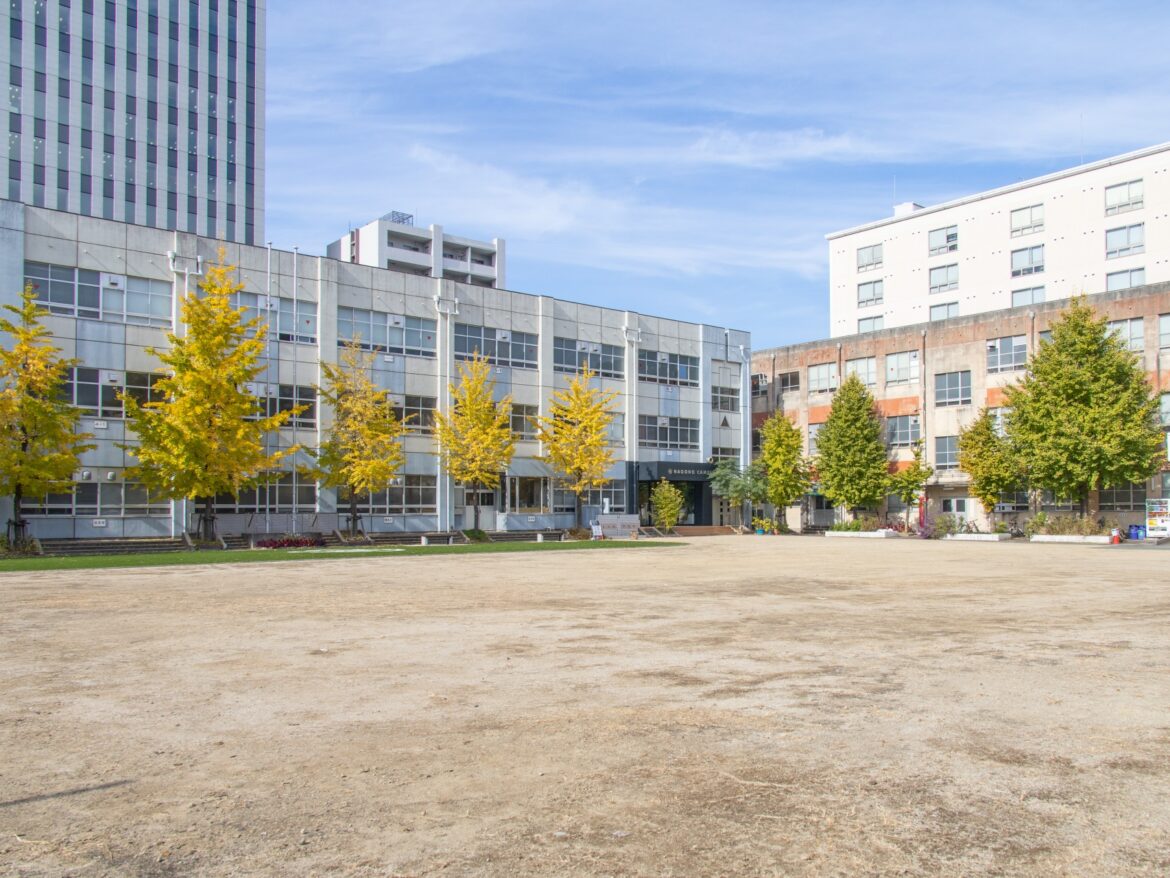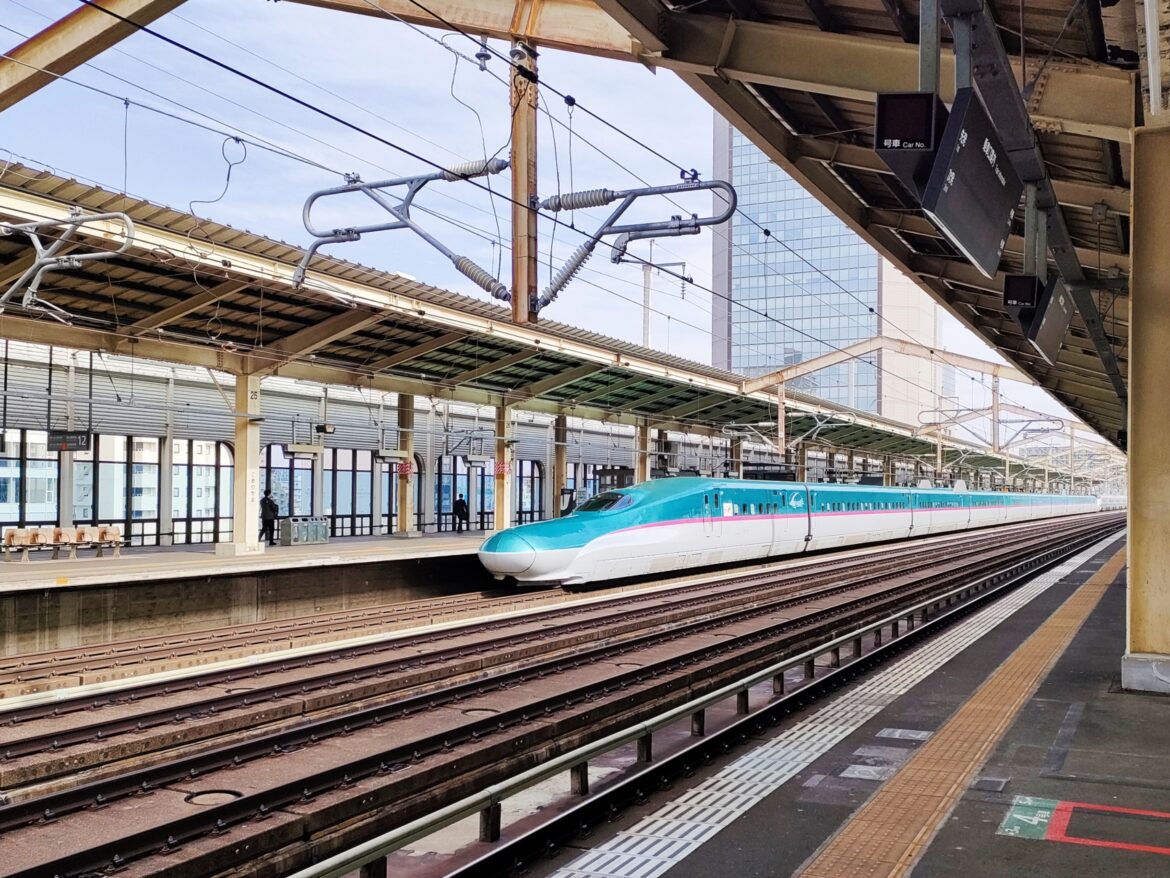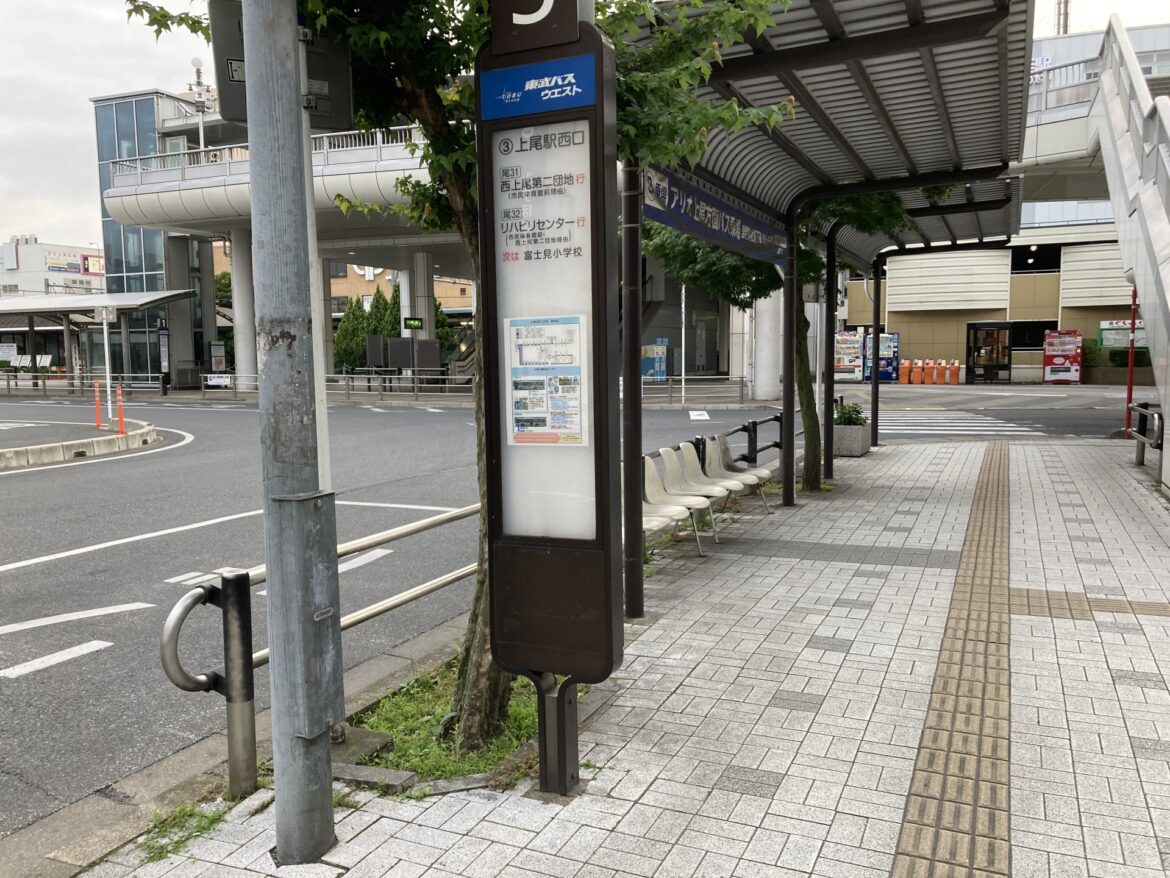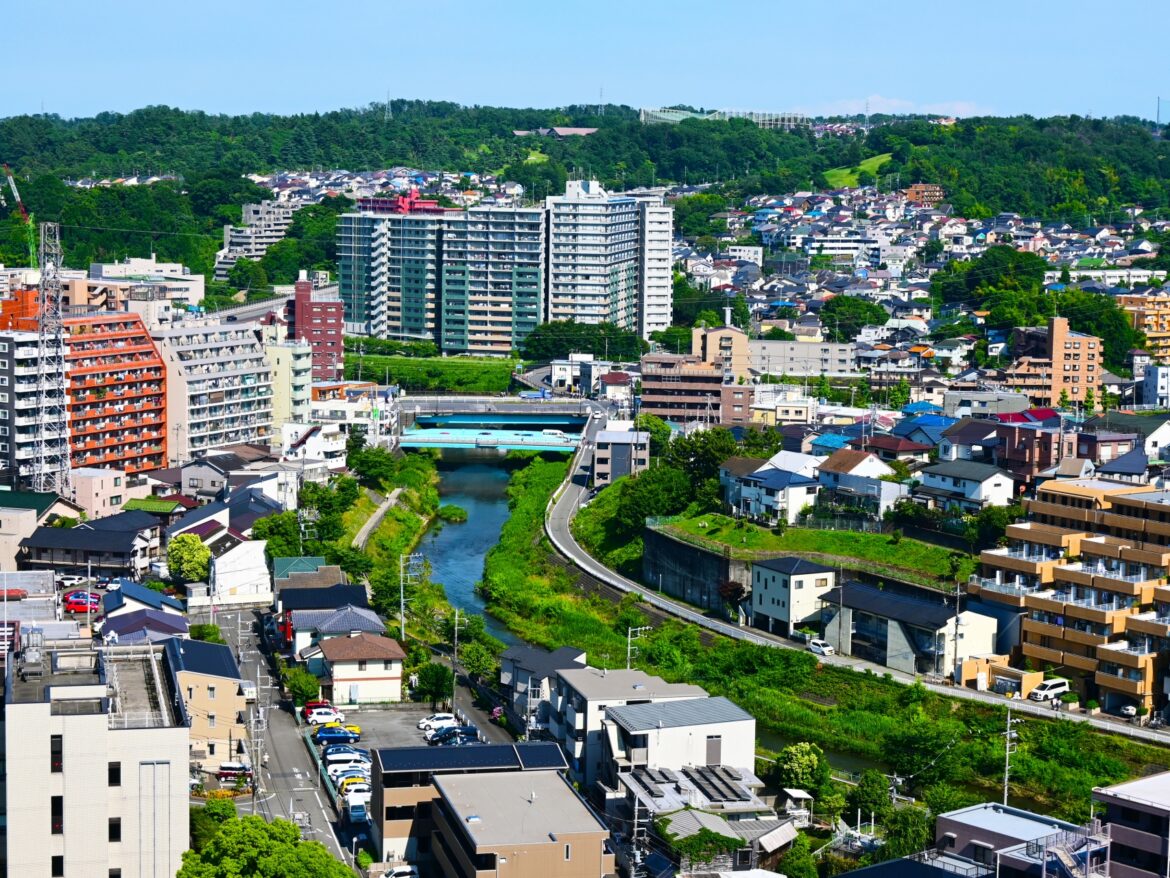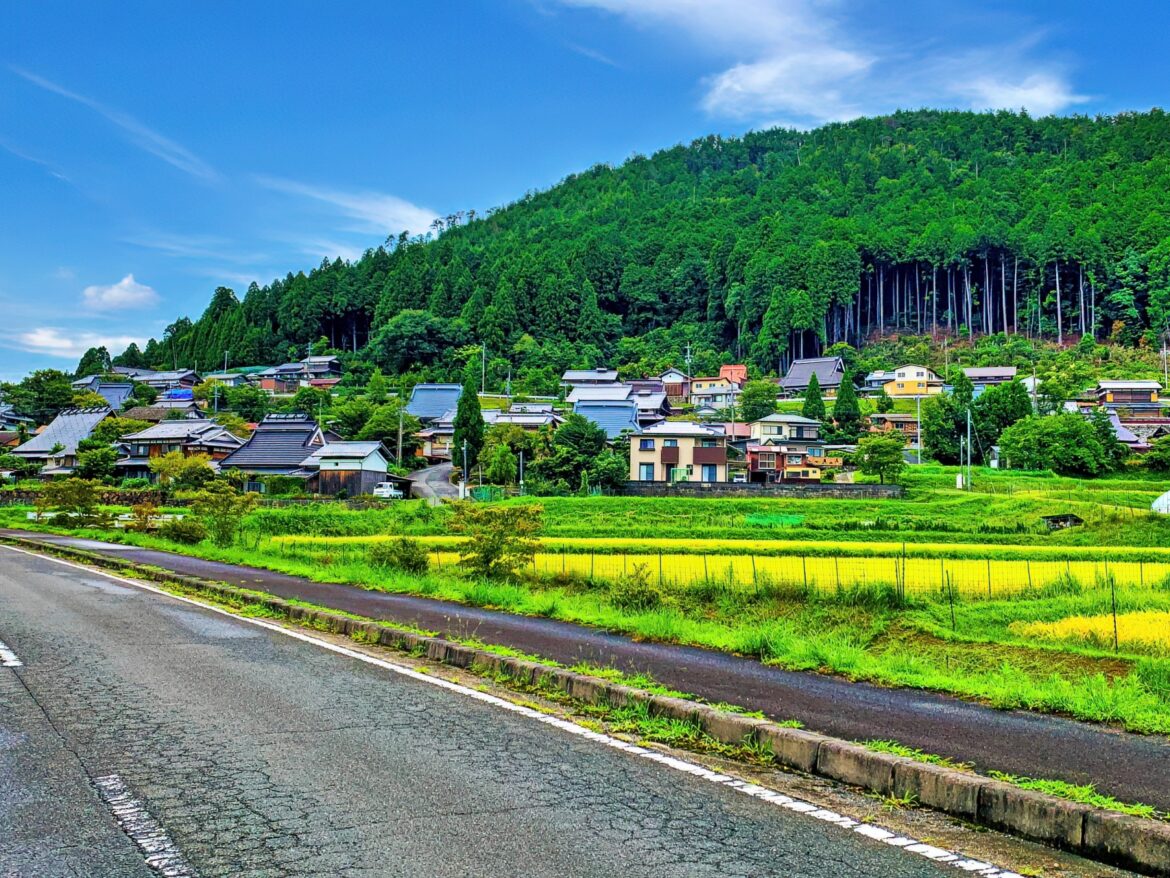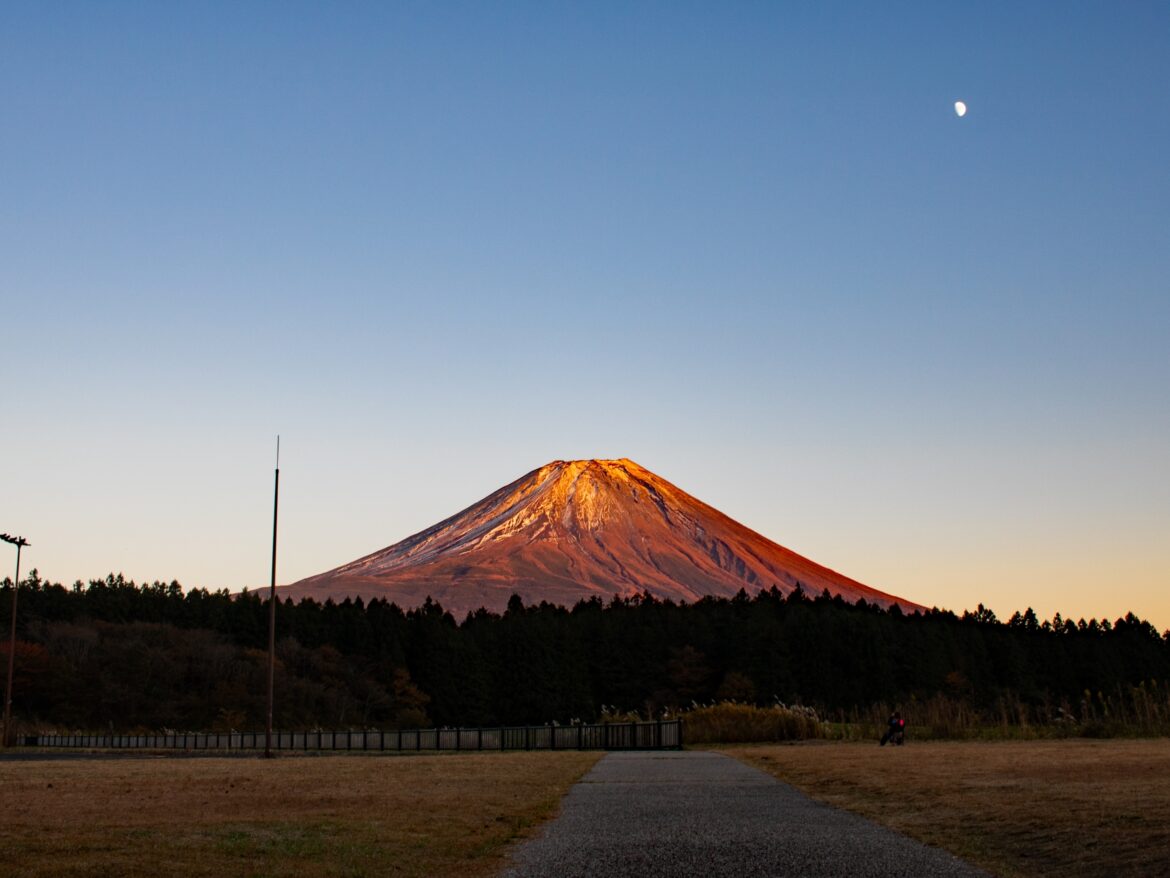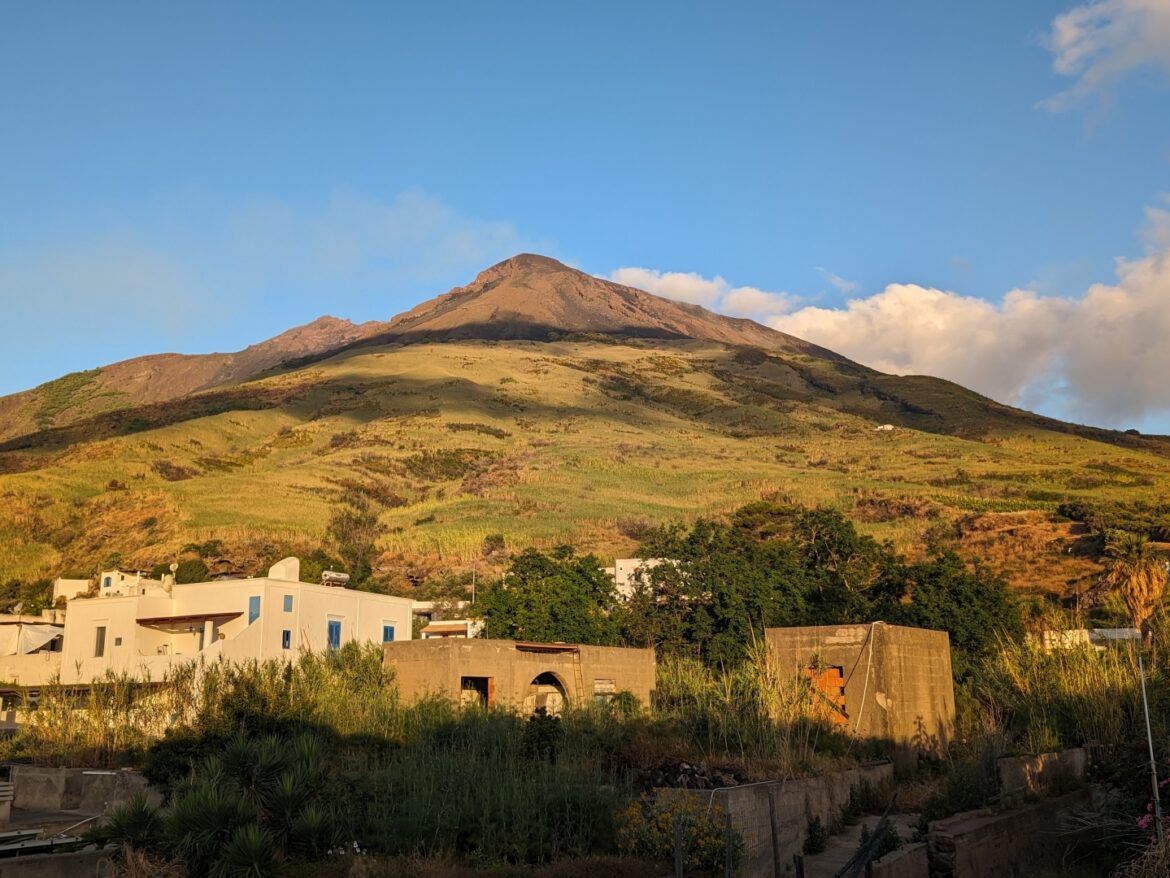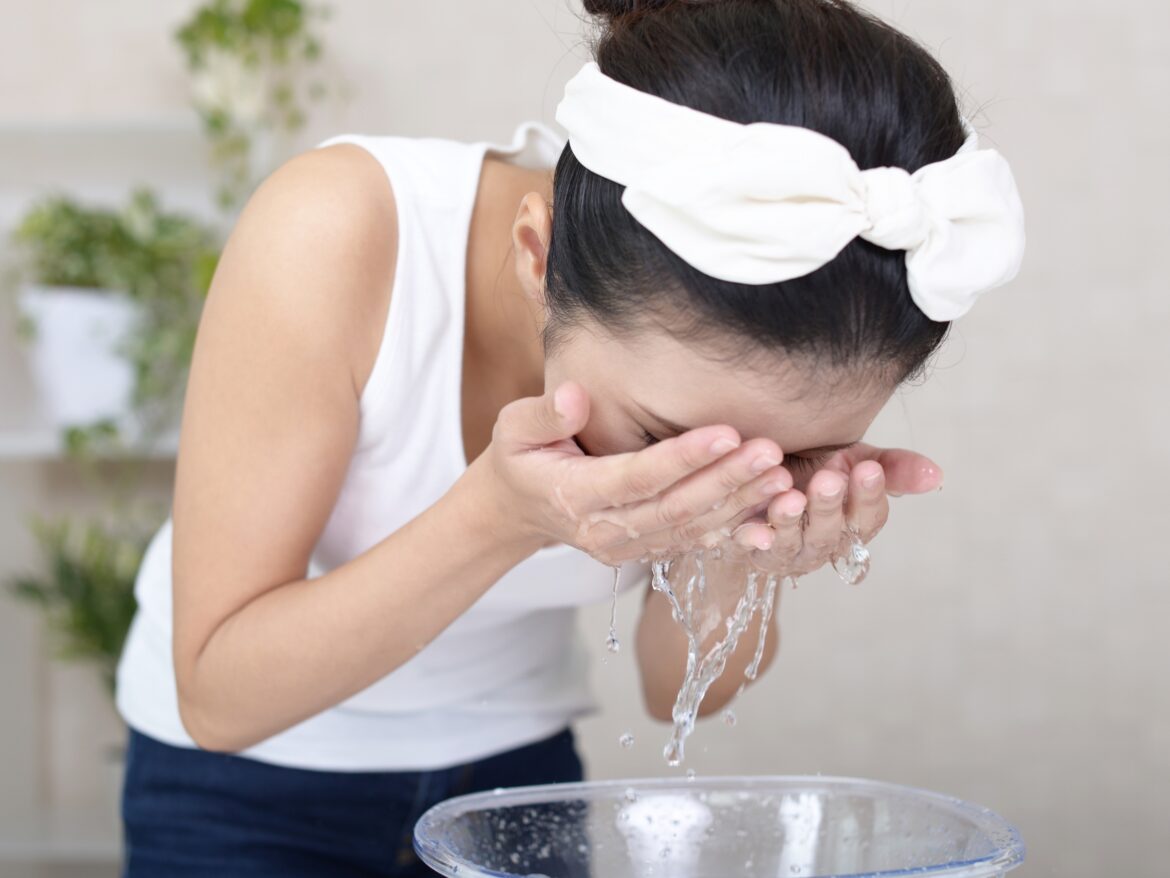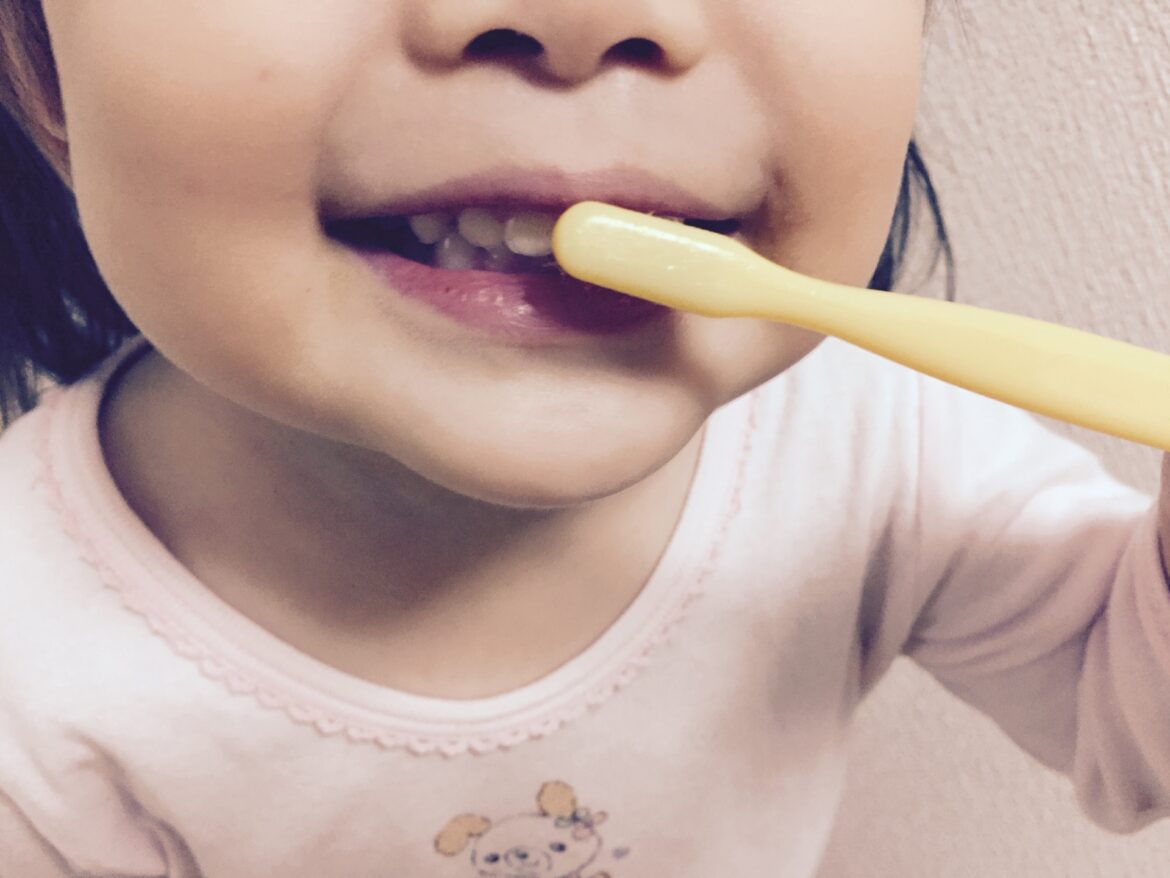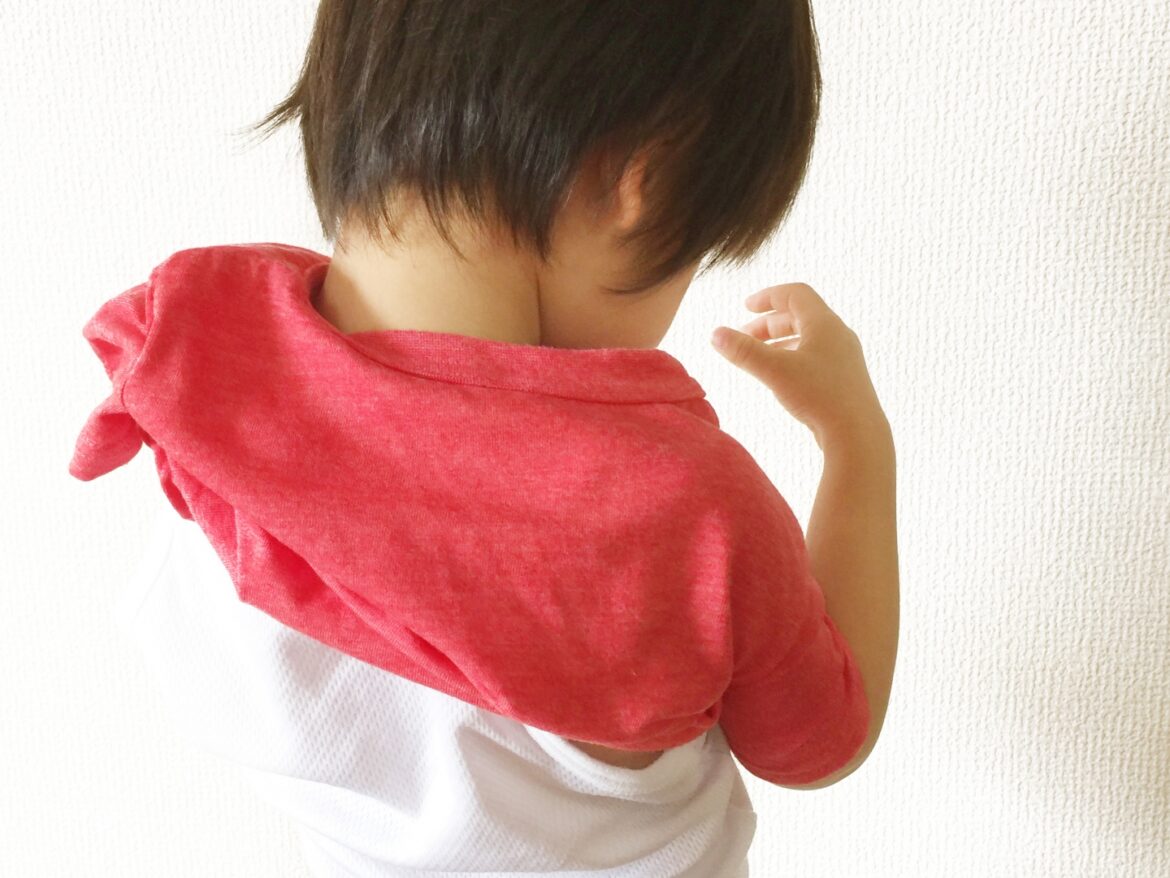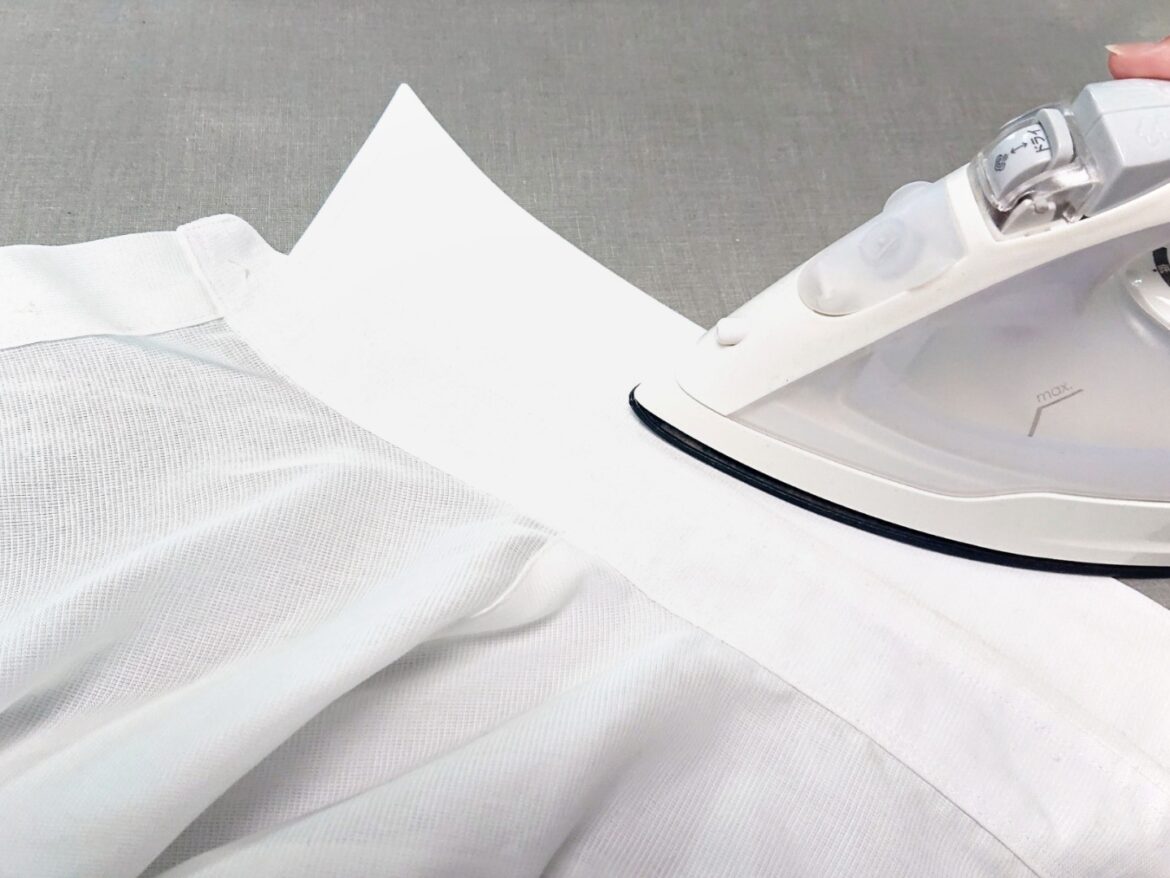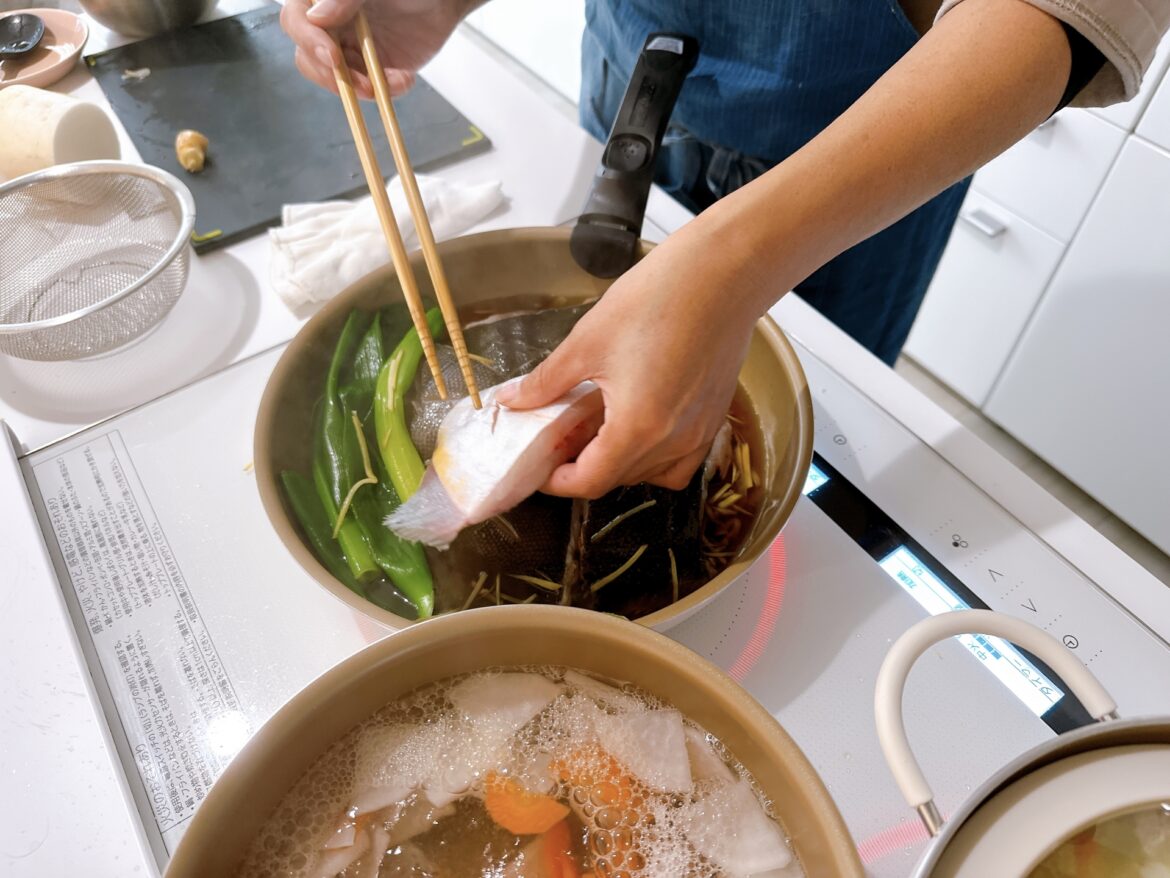-
train station
 noun A “train station” is a place where trains stop to pick up or drop off passengers. It typically includes platforms for passengers to access […]
noun A “train station” is a place where trains stop to pick up or drop off passengers. It typically includes platforms for passengers to access […] -
leave workverb “Leave work” means to stop working and go away from your job place. It’s like when you finish playing or studying and go […]
-
finish workverb “Finish work” means completing a job or a task that you started. It’s like when you start doing something, like your homework or cleaning your […]
-
have lunchverb It means to eat your midday meal. Lunch is usually eaten in the middle of the day. It’s a time to enjoy food and take a break from school or […]
-
start workverb It means to begin your job or what you are supposed to do. Like starting your homework or helping at home.” This phrase is used when you begin […]
-
wash your face
 verb Wash your face’ means to clean your face with water. You use your hands to gently rub your face with water. Sometimes, you can use soap or a s […]
verb Wash your face’ means to clean your face with water. You use your hands to gently rub your face with water. Sometimes, you can use soap or a s […] -
brush your teeth
 verb Brush your teeth means to clean your teeth. You use a small brush, called a toothbrush, and a special paste, called toothpaste. You put the […]
verb Brush your teeth means to clean your teeth. You use a small brush, called a toothbrush, and a special paste, called toothpaste. You put the […] -
get dressed
 verb Get dressed” means to put on your clothes. It’s what you do when you wear your shirt, pants, and other clothes. It’s like when you get ready in […]
verb Get dressed” means to put on your clothes. It’s what you do when you wear your shirt, pants, and other clothes. It’s like when you get ready in […] -
iron a shirt
 verb Using a hot tool called an iron to make a shirt smooth and without wrinkles. We plug in the iron, wait for it to get warm, and then move it […]
verb Using a hot tool called an iron to make a shirt smooth and without wrinkles. We plug in the iron, wait for it to get warm, and then move it […] -
have dinnerverb “Have dinner” means to consume the meal that is typically eaten in the evening. It refers to the act of eating the main meal of the day, […]
-
cook dinner
 verb “Cook dinner” means to make food for the evening meal. It’s like preparing what you eat at night. You might use ingredients like vegetables, […]
verb “Cook dinner” means to make food for the evening meal. It’s like preparing what you eat at night. You might use ingredients like vegetables, […] - さらに読み込む

